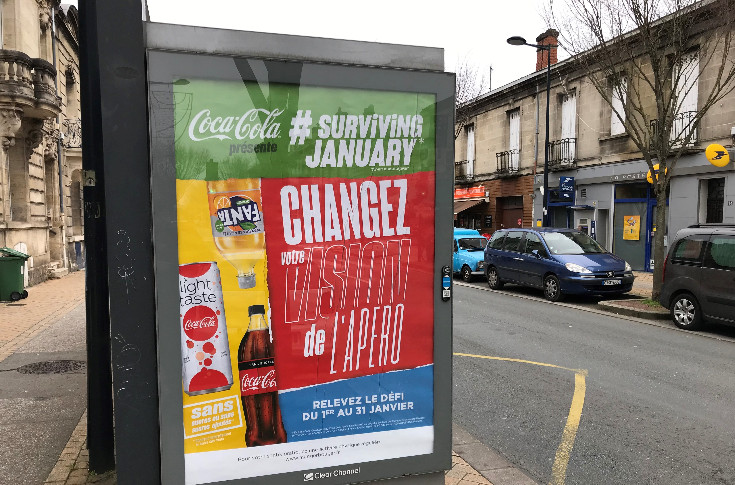Dry January reveals generational split in France

he now familiar Dry January – or New Year’s resolution not to drink alcohol during the first month of the year - has in just a few years become a media event and the catalyst for a public health debate. Well, at least for part of the population, according to an IFOP survey carried out online among 985 adults last November for Freixenet-Gratien, the French subsidiary of Henkell Freixenet, the world's leading producer of sparkling wines.
According to the research, 27% of French people intend to reduce their consumption of wine, beer and spirits this month, with 7% trying the concept for the first time, rising to 18% among 18-24 year olds, but just 3% among 50-64 year olds. Eight percent are annual practitioners and 12% follow a ‘lighter version’, i.e. with exceptions. Forty-nine percent of those surveyed do not intend to try Dry January, with 45% stating they were “not interested”, rising to 55% among 50-64 year olds, compared to 28% among 18-24 year olds. The trend fuels the growing generation gap for beverage alcohol consumption.
Although 76% of those surveyed have drunk wine at least once in the past year, the penetration rate differs significantly according to age: it drops to 64% for 18 to 24 year olds compared with 87% for those aged 65 and over. Year-round consumption of wine remains higher than that of beer, reaching 70% of the population, but with younger consumers – 80% of 25-34 year-olds compared with 63% of 50-64 year-olds. Going into greater detail, 19% of those surveyed drank alcohol-free wine at least once in 2022, compared with 39% for alcohol-free beer.






